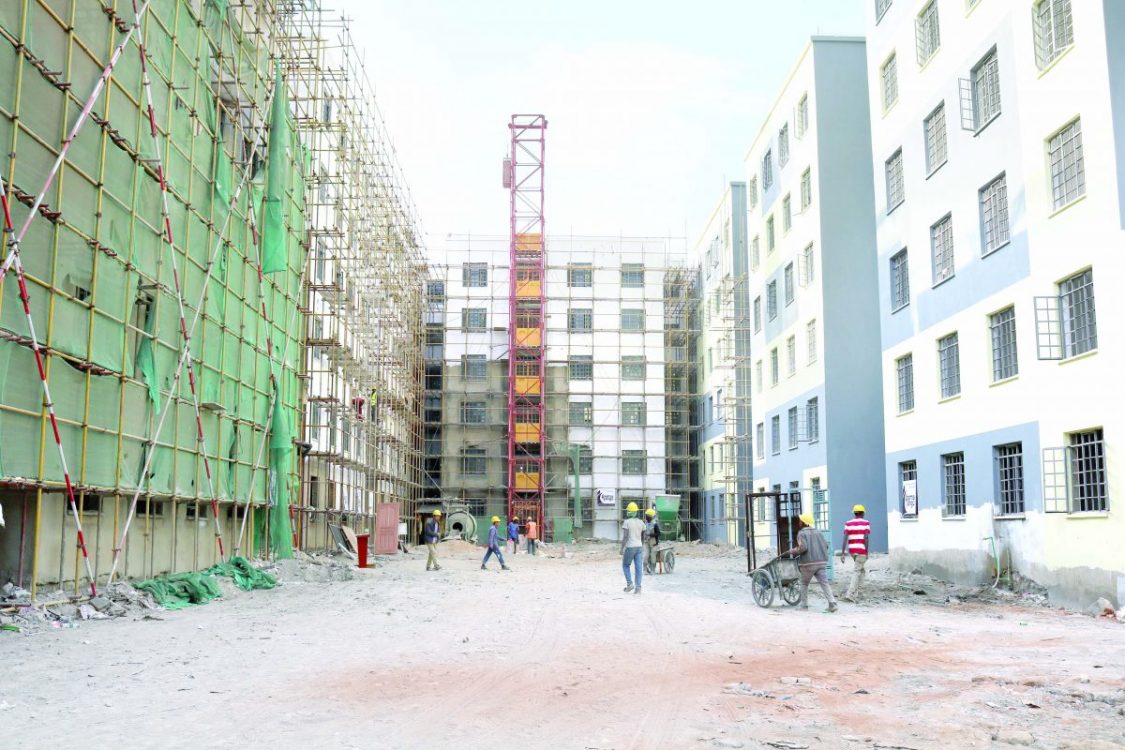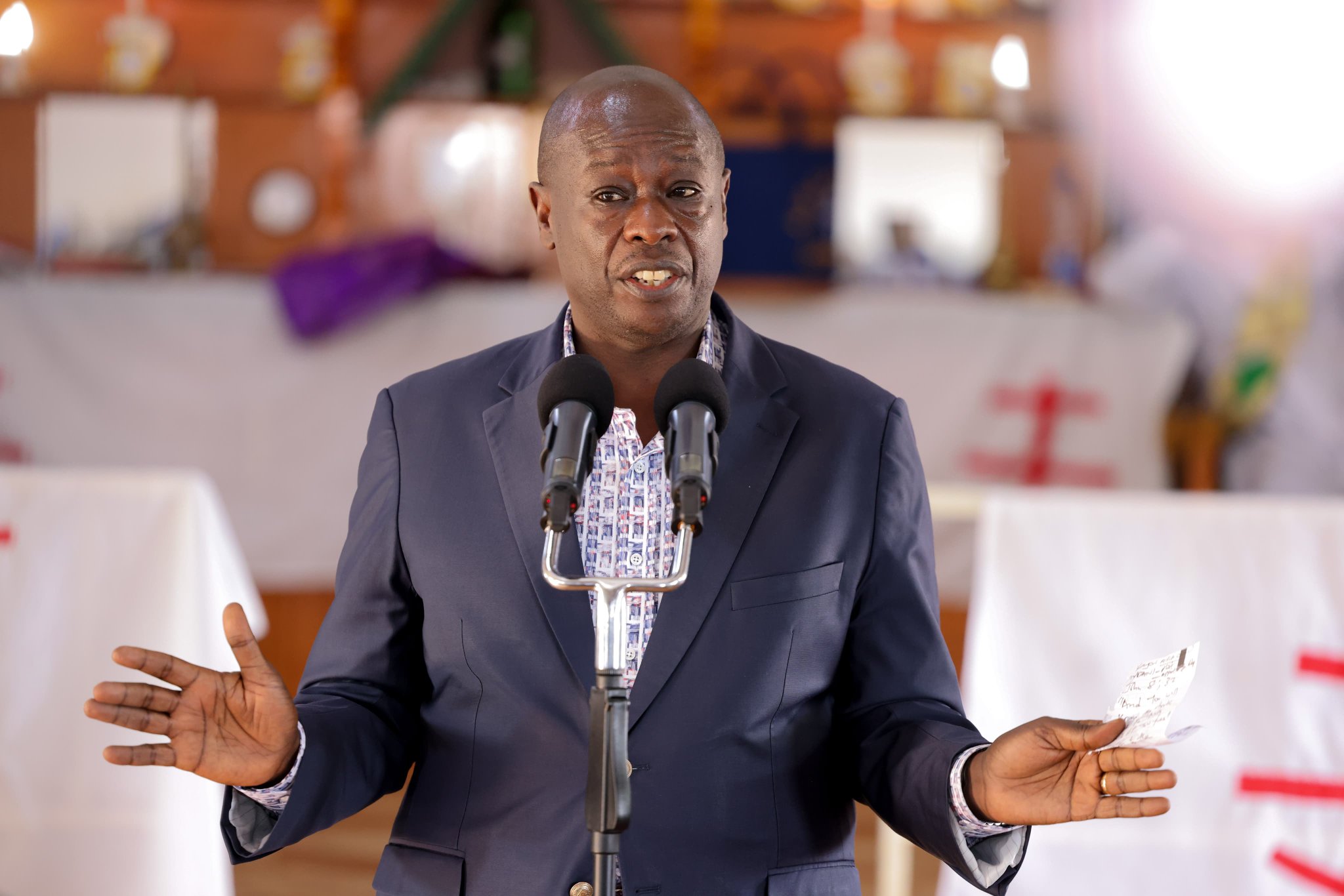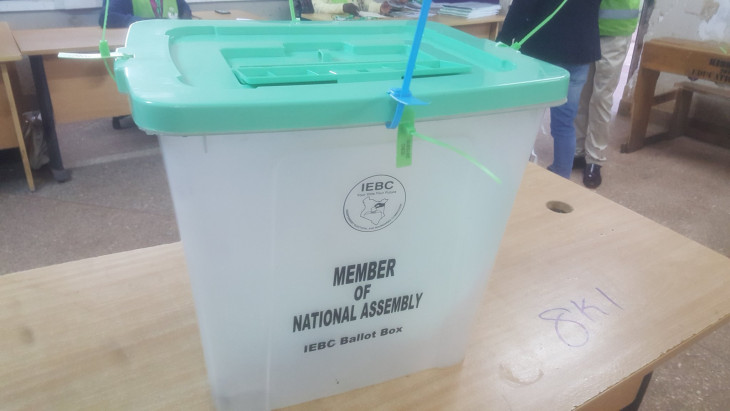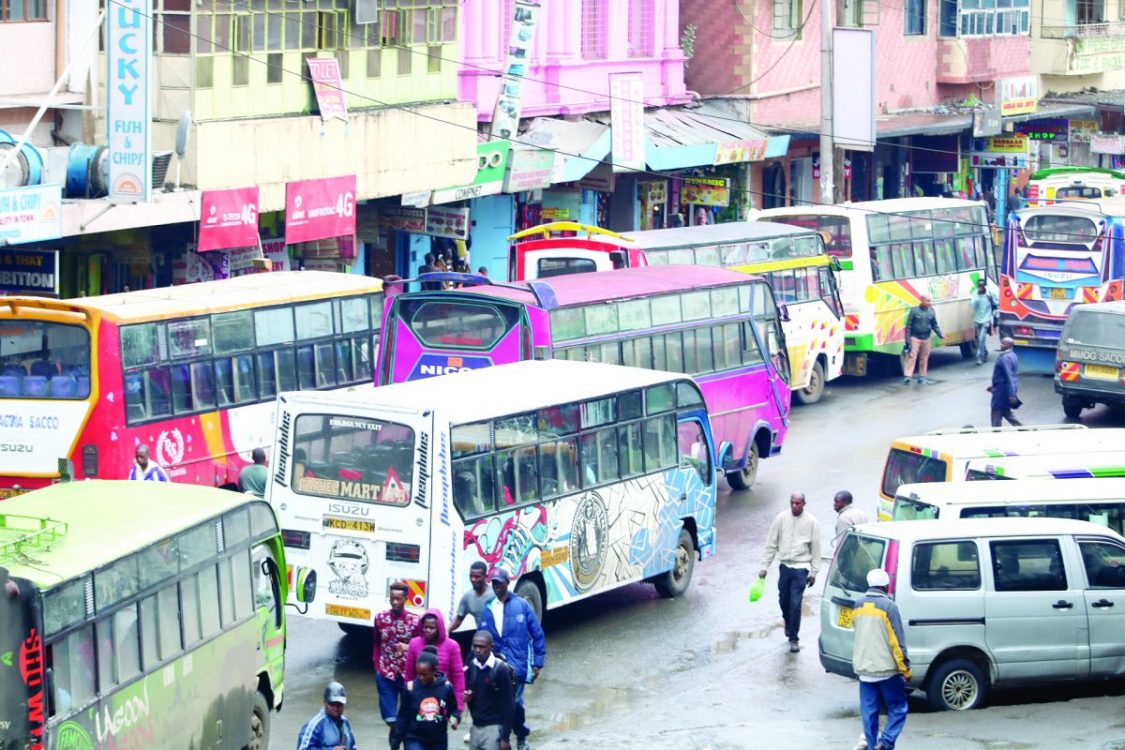Housing plan will have huge impact in 2027 election

Affordable housing is probably a conversation that will take a more consequential perspective. The imposition of the housing levy has been the one thing Kenyans have been against while the government has been hellbent on collecting.
The consequences, as one former CAS puts it, is a potential awakening of a voting block, probably the seven million voters who found no reason to vote in the last election.
The conversation will be a lot more engaging and Kenyans will ask questions because besides the PAYE, this housing levy will be a permanent fixture in their payslips.
People in informal jobs will have an even more complicated way of complying because, as it is, the new Act was to cure the discrimination of only taxing the salaried folks. The non-payslip folks will need to not only make it possible for the government to tax them, but also face the complications of fitting within the continuum of social housing for folks earning Sh20,000 or less to the top tier of Affordable housing for folks earning more than Sh149,000.
Granted, that structuring is fairly all inclusive in terms of accommodating different economic demographics, but certainly very critical issues will arise.
First is the question of the contractors and suppliers of materials in the construction of these houses in different parts of the country. Who are they, and are we talking about many contractors and suppliers or a centralised consortium? When was the tendering process done, what were the qualifications and requirements, and to what extent was the process anchored on the public procurement Act and the principles of Article 201 of the Constitution?
And what about land? Is there a relationship between the spate of land grabbing and the return of land, initially repossessed by the State, to powerful politicians and social housing? Is this housing scheme out to benefit the people or to make billions for powerful politicians?
Unless there is clarity on the perceived greedy motives, this looks like a classic example of State capture.
Unlike the Hustler fund that can be anchored on spurious narratives of success, the affordable housing is quite different. It cannot be built on narratives and the success of this scheme or lack thereof will be a lot consequential. State honchos better be reminded that when it comes to affordable housing, success is anchored NOT on the number of houses they will build but the number of houses that real hustlers will own.
There is an even more consequential demographic that understands that if effectively done, the affordable housing agenda is supposed to have a ripple effect that would lead to better economic returns to compensate for the raid on their payslips.
Come 2027, the score card will be used by both the real hustlers and the middle class who I suppose will come out strongly to have a say on whether this regime deserves to continue or not.
But because 2027 is far, the crux today is whether the agenda is about job creation or giving Kenyans affordable housing. This is yet to be explained, and it would be great for the regime to unpack the overarching goal of affordable housing in the hierarchy of how it works. Have they worked the maths and how many jobs are going to be created and of what value, in terms of numbers, will such jobs bring to the tax bracket? What sectors will benefit and what is the ripple effect on the economy both at the macro and the micro level? People in Migori would want to know how many units will be built there and to what extent the scheme will create opportunities for the locals and whether the contractors and suppliers will be competitively selected from local companies.
Folks earning less than Sh20,000 or the rural guys would also want to understand the ease of access to the process of owning that house that requires them to pay 30 per cent of their Sh20,000 monthly income. And Kenyans would want to know what has been put in place to mitigate the risk of powerful political players, civil servants and monied tenderprenuers owning these units via proxies.
For a regime that has demonstrated tolerance to corruption, these are questions that need to answered.
—The writer is a PhD candidate in Political Communication












